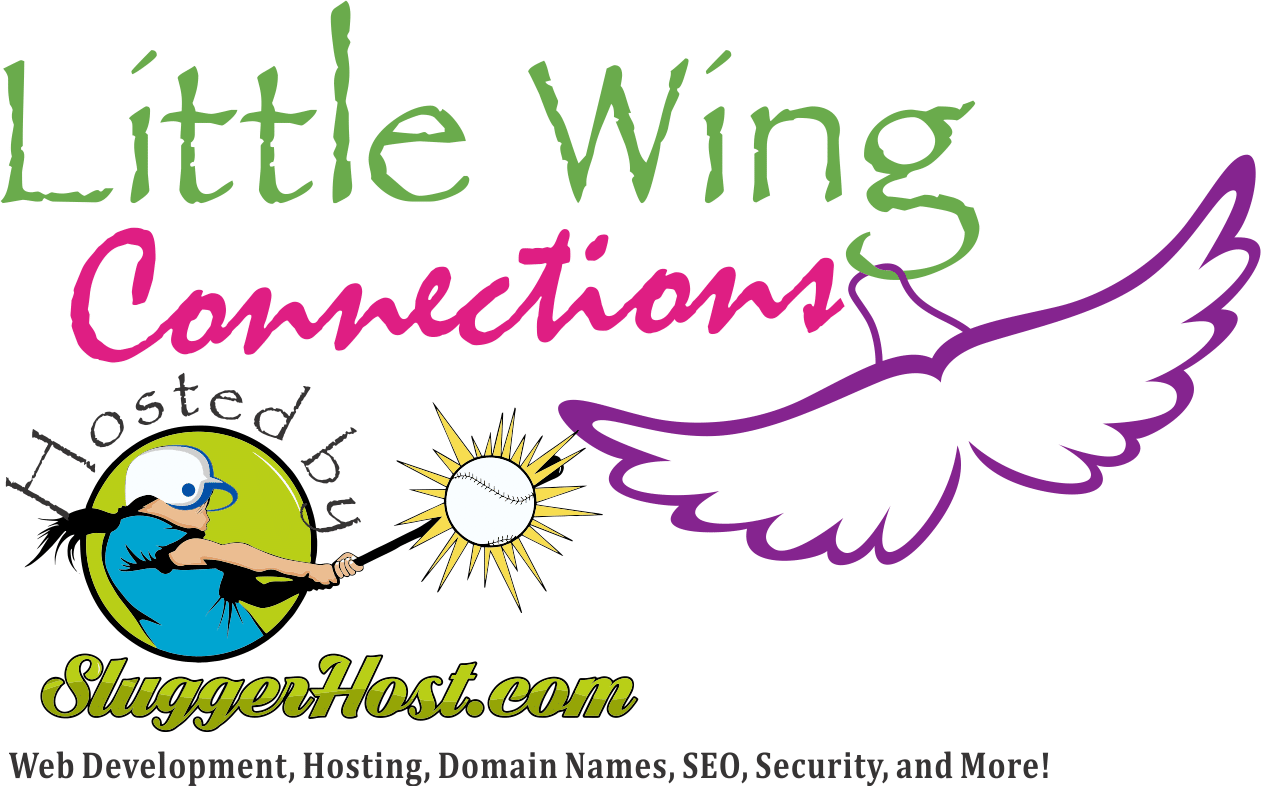Originally published on Forbes.com on April 25, 2016 By Jayson DeMers

Photo courtesy of Shutterstock
I recently wrote a piece on my “7 Predictions For How The Internet Will Change Over the Next 15 Years.” Among my predictions were the disappearance of conventional Internet “connections,” the commoditization of privacy, the arrival of augmented reality, less work for skilled humans, and the arrival of the Internet to planets beyond Earth.
Those predictions for the development of the Internet got me thinking about their more practical, grounded ramifications. For example, with these predictions in mind, what can we say about the future on marketing and advertising? Here are my predictions for how online marketing will change over the next 15 years:
1. ‘Reality optimization’ will become a thing.
With augmented reality and more digital interactions with the physical world, brands will have to hybridize traditional and digital models of advertising. For example, the concept of search optimization is all about getting found, but there may be a new, physical application of this inbound discovery effort once augmented reality devices become popular. Companies may invest in some digitally relevant style of advertising, such as pop-up ads that appear when a user is close, or there may be digital ways of accessing physical locations, like virtually shopping at a supermarket. Think of these as a way of “optimizing” reality for digital consumer interactions.
2. Content feeds will become finely-tuned for each individual.
With the rise in connection availability and better algorithms for surfacing and serving content, users will have access to instant forms of information and entertainment at all times, highly-tailored to their interests. They’re going to become dependent on constant streams of this individualized content, filtering out anything deemed irrelevant for them the same way most modern users ignore generalized traditional advertising. For marketers to survive, they’ll need to provide a similarly instantly-rewarding experience, also customized for the individual. This may include adopting technologies that allow for such customization, or a simpler route of engaging people individually.
3. Non-digital ads will die.
People have been saying it forever (and I’ve even written about it recently), but once the Internet is truly everywhere, with no concept of connection, traditional advertising is going to eventually die. It may become digitized in some way, such as the pop-up digital ads I mentioned in my first point, but it will cease to exist in the form we know it today. The key disappearance here will be tangible forms of advertising—billboards, magazine ads, and so on.
4. Privacy concerns will reach their zenith, spawning more brands that prioritize it.
User concerns over privacy, transparency, and trust will reach their zenith as more tech brands monopolize the industry and consumers increasingly rely on digital systems to provide their wants and needs. Brands that are able to offer these rare, commoditized factors are going to have a distinct advantage over the majority that aren’t, which means a handful of competitive brands will jump on this opportunity and differentiate themselves accordingly. You’ll start to see more brands with “old world” values, and a niche of customers who want to stay as off-grid as possible, evolving into their own targetable demographic.
5. Competition will be reduced.
Thanks to increasingly sophisticated algorithms and machine learning systems, there will be less work available for humans. With less work, there will be fewer businesses, and the ones that remain won’t be quick at adapting to these new technologies and applications. All this results in a complicated evolution of our economic system; we’ll all have more access to the resources we’ve always wanted, but there will be fewer brands and businesses providing them. If your brand is one of the cutting-edge (and lucky) businesses to make the cut, you’ll likely benefit from the reduced competition. That doesn’t mean you won’t have to work hard to stay relevant, but you’ll have an easier time differentiating yourself.
6. Strange new social interactions will be introduced.
Social media platforms as we know them today are giant collections of content; each individual or organization has a dedicated profile that submits and promotes content, which is then pooled together in the newsfeeds of other profiles. In the future, this relationship has much room to evolve. Digital profiles may be more closely tied to an individual, and individuals may be able to produce content and exchange with one another in more immediate, interactive ways with wearable technology such as Internet-connected augmented reality contact lenses or glasses.
7. Face-to-face interactions will be rare, but highly valued.
Future generations may grow up in a world where digital-exclusive interactions are the norm, but until we make that progress as a society, most of us will still have a need in-for person, face-to-face interactions. The slow disappearance of these interactions in favor of digital experiences and algorithmically generated content feeds will leave users hungry for this personal interaction, and the brands who deliver these kinds of experiences will have a chance to get ahead of the competition. In some ways, this is like marketing taking a step back, reverting to one-on-one, in-person customer relationships to compensate for the overly digital age.
These predictions are somewhat general, and intentionally so. They’re based on predictions on the future of the Internet, which themselves are highly speculative and open for debate. I do imagine some of these outcomes manifesting no matter how the Internet develops—for example, the “death” of traditional advertising (as we know it) and the rise of individualized marketing efforts—but we’ll just have to wait and see how everything plays out.

Jayson DeMers
I graduated from the University of Washington in 2008 with a degree in Business Administration (Marketing), and immediately entered the professional online marketing world. I founded AudienceBloom in April 2010, and have since become a columnist for Search Engine Journal, Search Engine Watch, and Huffington Post. My personal blog is located at AudienceBloom.com/blog. I guest lecture for marketing classes at the University of Washington, and currently reside in Seattle, WA
